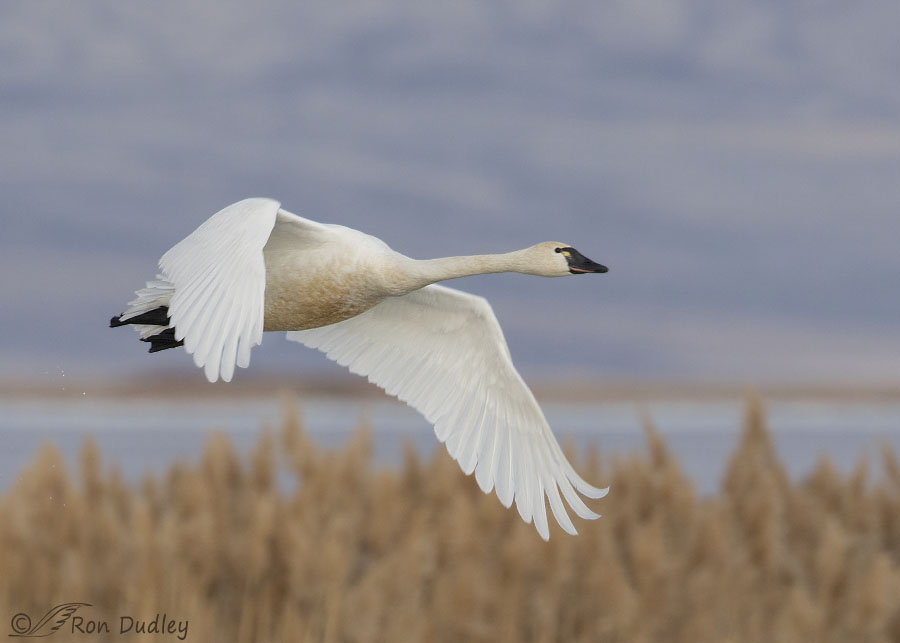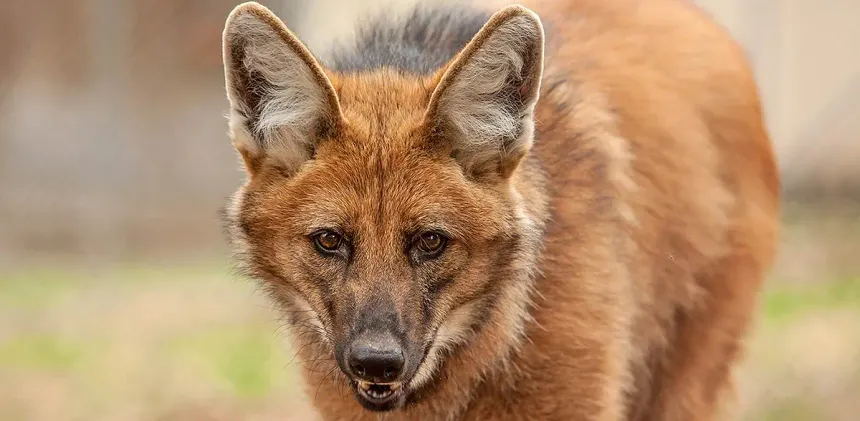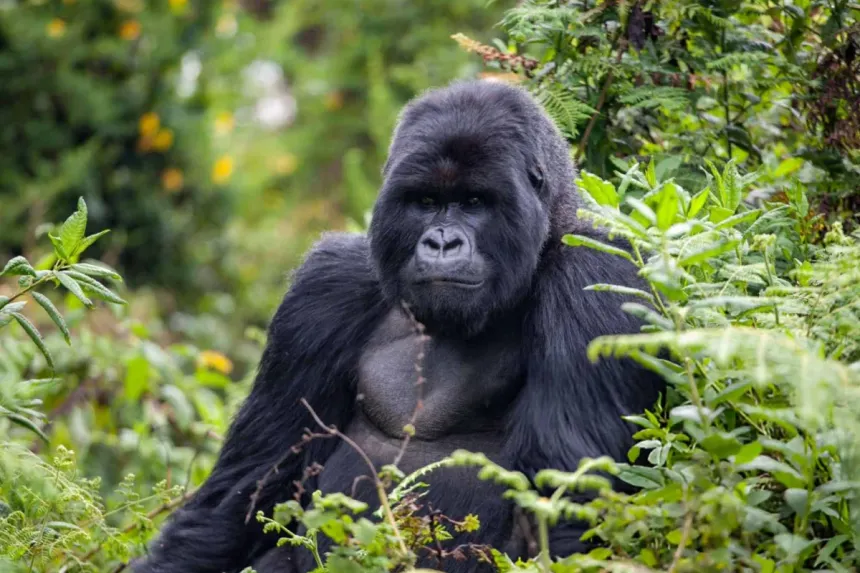What Do Swans Eat?
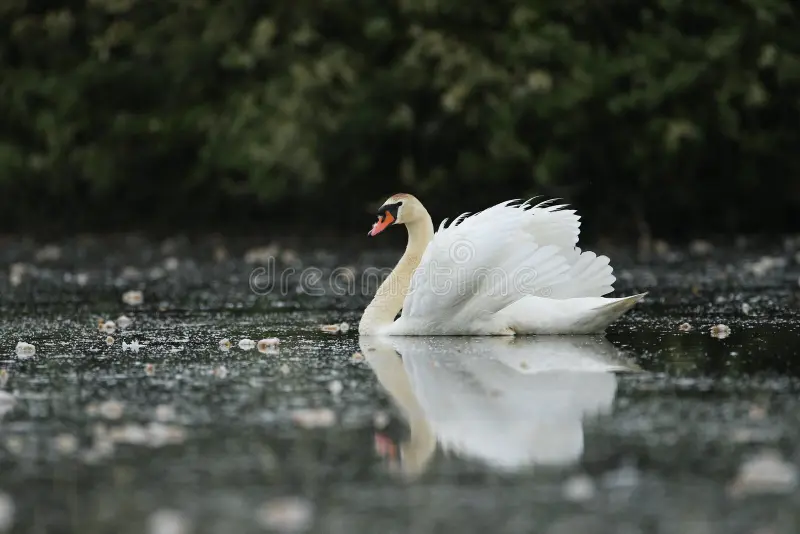
🦢 What Do Swans Eat?
Understanding the Diet of Nature’s Graceful Gliders
Swans are among the most elegant and admired waterfowl in the world. Known for their long necks, gliding movements, and striking appearance, they are often seen in lakes, ponds, and rivers. But have you ever wondered what fuels these beautiful birds? Let’s explore what swans eat in the wild and how human feeding impacts their health.
Swans, with their graceful movements and long necks, are among the most admired waterfowl in the world. These elegant birds are often seen gliding across lakes, ponds, and rivers, but many people don’t realize what their diet consists of. In the wild, swans are primarily herbivorous, feeding mostly on aquatic vegetation. Their long necks allow them to reach underwater plants with ease. Common foods include pondweed, duckweed, algae, and the roots, stems, and leaves of submerged plants. Swans also graze on grasses and reeds found along shorelines.
Although plants form the bulk of their diet, swans do occasionally consume animal-based foods. They are known to eat small aquatic insects, insect larvae, snails, worms, and even small crustaceans. In rare cases, they may consume tiny fish or tadpoles. This part of their diet is particularly important for young swans (cygnets), as the added protein supports healthy growth and development.
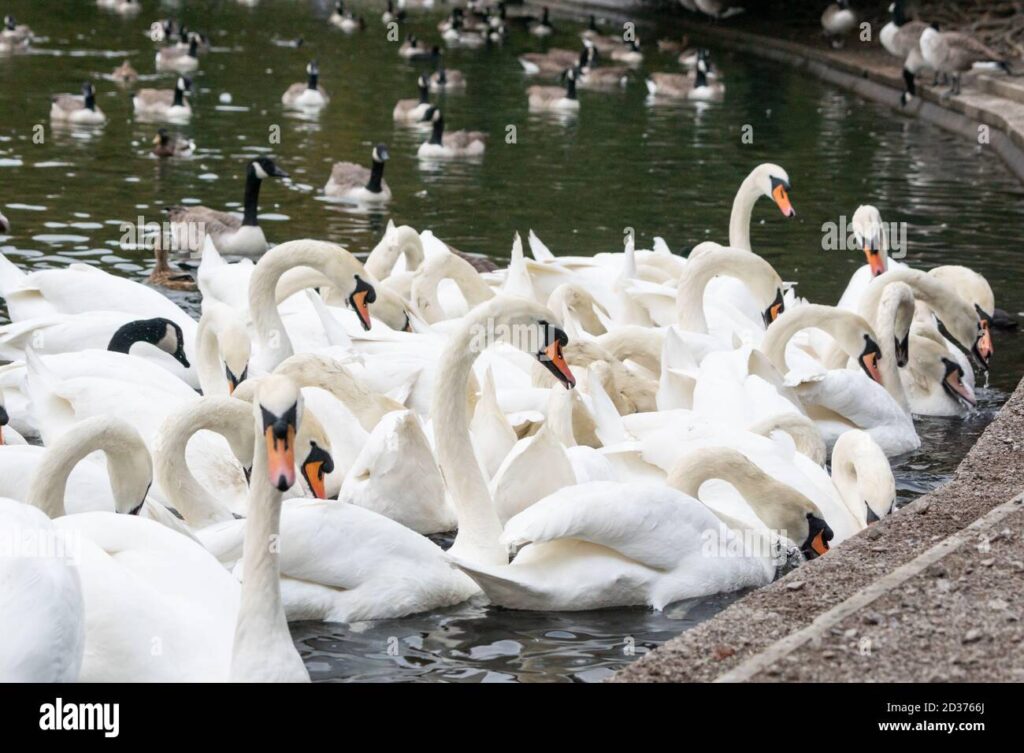
In areas where swans live close to humans, such as parks and public ponds, people often feed them. While the intention is kind, not all foods are suitable. Safe options include whole grains like wheat, corn, and oats, as well as leafy greens like lettuce and defrosted peas. However, foods like white bread, crackers, chips, and any spoiled or moldy food should be avoided. These items are either nutritionally poor or potentially harmful. Feeding swans inappropriate food can lead to health issues, including a condition called “angel wing,” which causes a deformity in young birds due to an imbalanced diet.
In summary, swans rely on a natural, balanced diet to stay healthy. While they may accept food from humans, it’s best to support their well-being by allowing them to forage naturally or by offering safe, nutritious options. Understanding what swans eat helps us protect these beautiful creatures and preserve the harmony of their ecosystems.
